Nearly 3800 years ago, a mother resting in her mud-brick house received a letter from her son, frustrated about not getting better clothes. Imagining her reaction brings to light a timeless truth: some aspects of human nature never change.
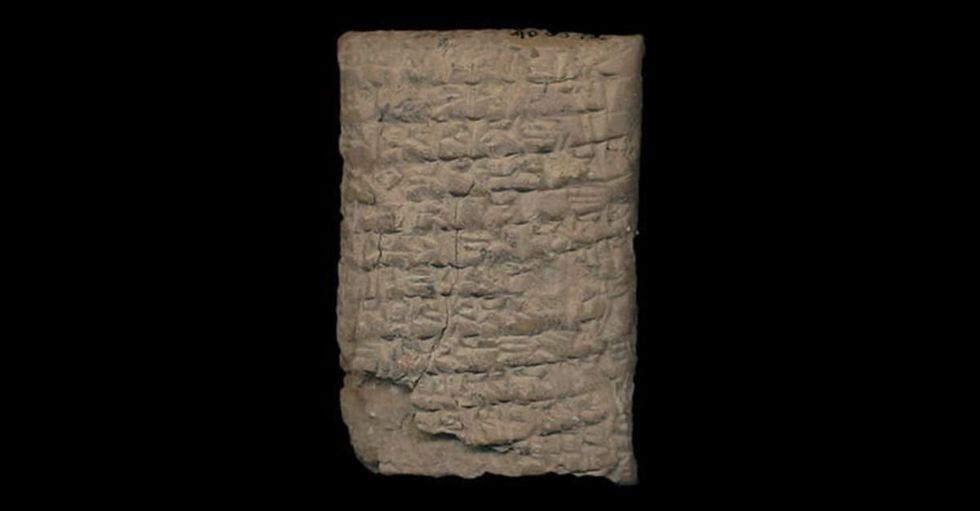
The ancient Babylonian letter, dated between 1792-1750 BC, was penned by student Iddin-Sin to his mother, Zinu, in Larsa, Mesopotamia. Recently, it gained widespread attention on TikTok when Michael McBride (@idea.soup) shared a clip that has been viewed over 40,000 times. This letter reveals that Iddin-Sin, likely away at boarding school, bypassed details of his studies to complain about his shabby clothing in a frustrated rant.
"Tell the lady Zinû: Iddin-Sin sends the following message," the letter read, according to the translated text. "May the gods Šamaš, Marduk, and Ilabrat keep you forever in good health for my sake." After the opening line, he slid the greetings aside and came straight to the point.
"From year to year, the clothes of the young gentlemen here become better, but you let my clothes get worse from year to year. Indeed, you persisted in making my clothes poorer and more scanty. At a time when in our house wool is used up like bread, you have made me poor clothes," Iddin-Sin expressed his disappointment with the bitter remark.
He continued by describing that while his friends had better and more fashionable clothes to wear, he was piddling with second-rate apparel, "The son of Adad-Iddinam, whose father is only an assistant of my father, has two new sets of clothes, while you fuss even about a single set of clothes for me." He concluded the letter by grumbling a gut-wrenching comment to his mother, "In spite of the fact that you bore me and his mother only adopted him, his mother loves him, while you, you do not love me!"

“Bro literally has no drip,” Michael said, in the caption of the video. “Drip” here refers to a person’s sense of style. The TikTok clip depicting the letter attracted several comical responses. “Sounds like my teenager,” exclaimed @jteaspoon. Whereas, imagining Lady Zinu’s reaction, @imnotlailahgrace commented, “All these years later and I can still feel that mom’s eye roll!”

The letter was also shared on r/todayilearned where u/bouncydingo_7112 proclaimed, “The more you know about history the more you realize things never change.”


This classical, pontificating letter was first discovered in archaeological excavations of the ancient city of Nuzi, located in the north of present-day Iraq, as per Gearrice. The epistle was composed in Akkadian, a Semitic language that was widely spoken in the Mesopotamian region during this period.
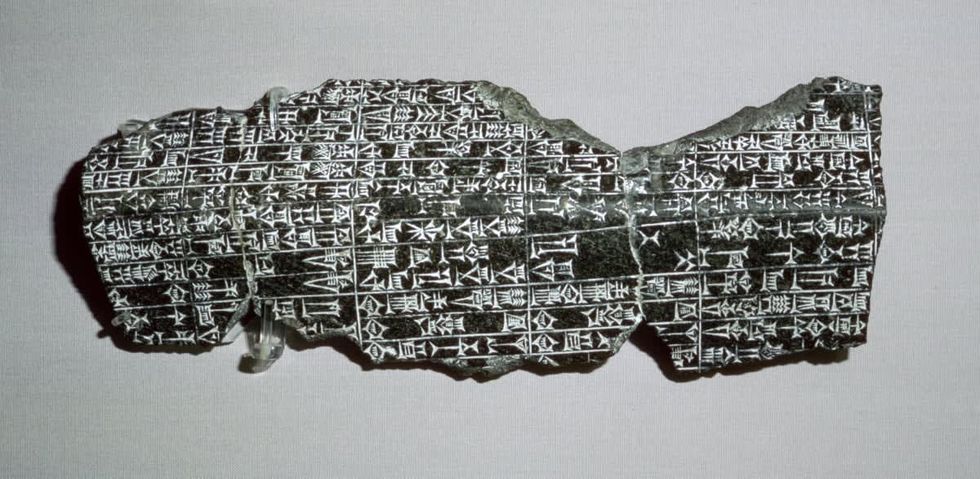
The letter also indicates that the boy’s clothing was made at home from scratch, according to Iris Online. Their family had the wool in their house and Zinu did the spinning, weaving, dyeing, and tailoring of Iddin-Sin’s apparel. It is also not surprising that the teenager wrote to his mother and not his father about getting better clothes. In ancient Mesopotamia spinning and weaving were usually done by women. The spindle was considered a symbol of femininity.
Iddin-Sin belonged to the upper class of Larsa, as his father Shamash-Hazir was a high-ranking official in the administration. He was perhaps staying at a boarding school in a temple to learn to read and write in cuneiform and prepare for a career as a bureaucrat, priest, or scribe. Although the letter doesn’t provide any solid evidence of this, this could be one of the possibilities.
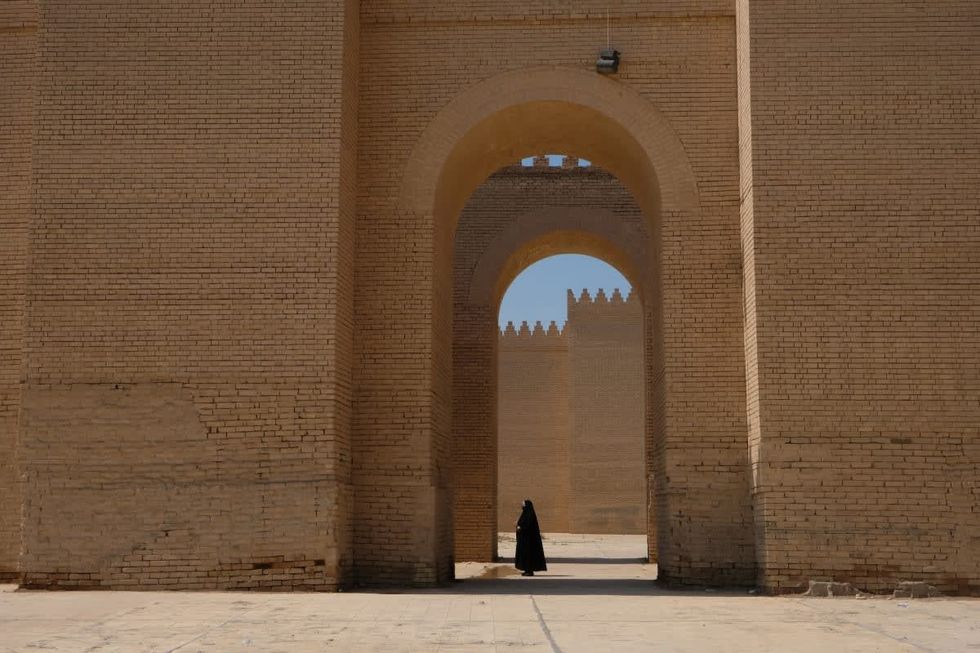
But wherever Iddin-sin was at the moment of writing this letter, the letter provides a curious and intriguing insight into the daily life of people living in ancient Mesopotamia. Most of all, the letter demonstrates that even thousands of years ago, teenagers were concerned about appearing hip and cool in front of their friends, as do modern-day children. Some things indeed never change!
@idea.soup bro literally has no drip 😂 inspo from @Historical Han🏺 #interestingfacts #funfact #ancienthistory #history #historylesson #historytime #edutok #learnontiktok
You can follow Michael McBride on TikTok for more interesting historical facts.





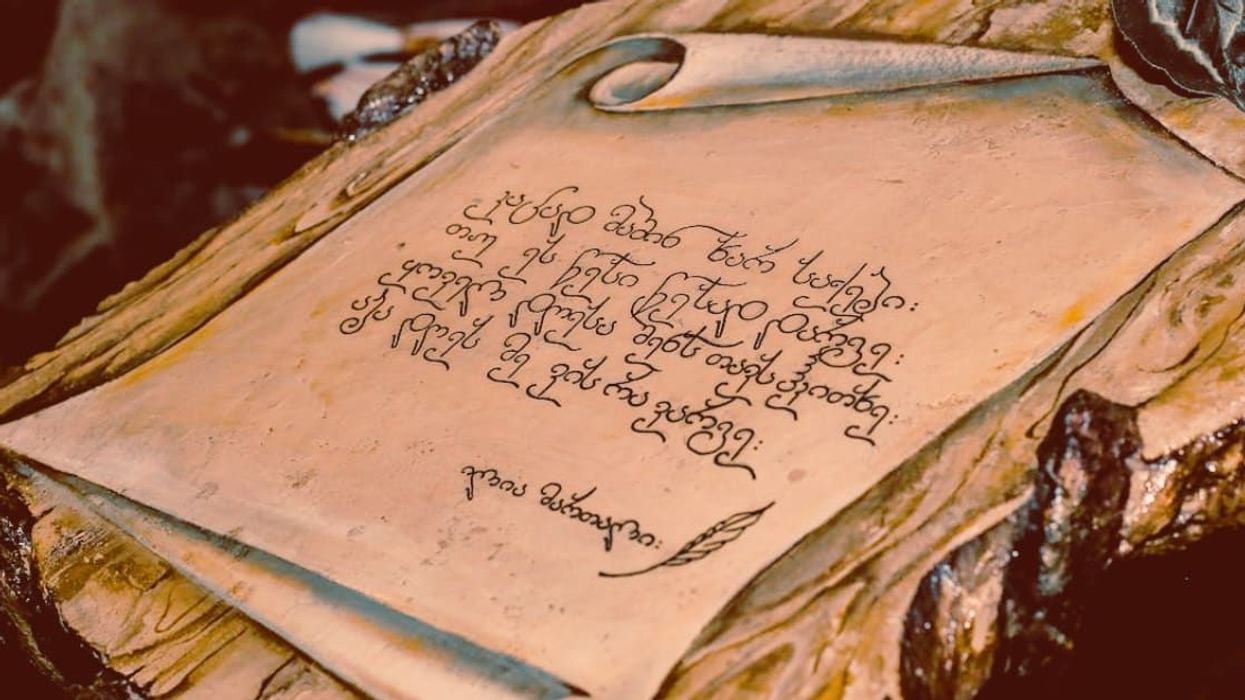


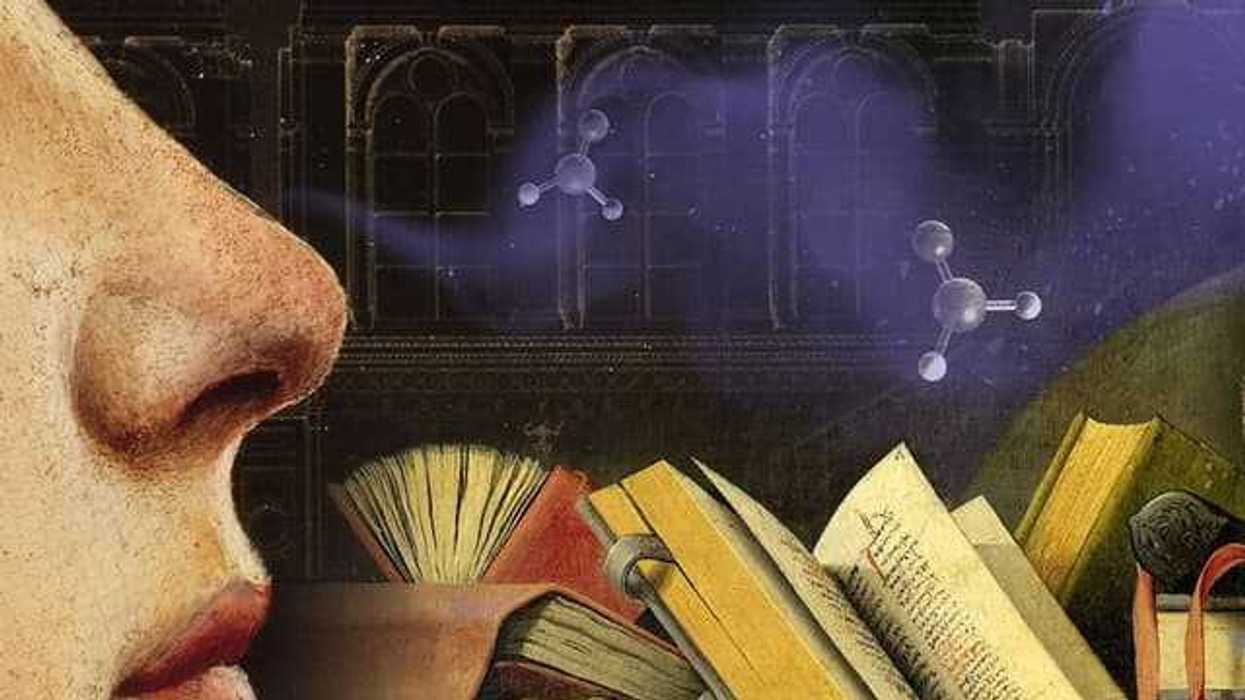









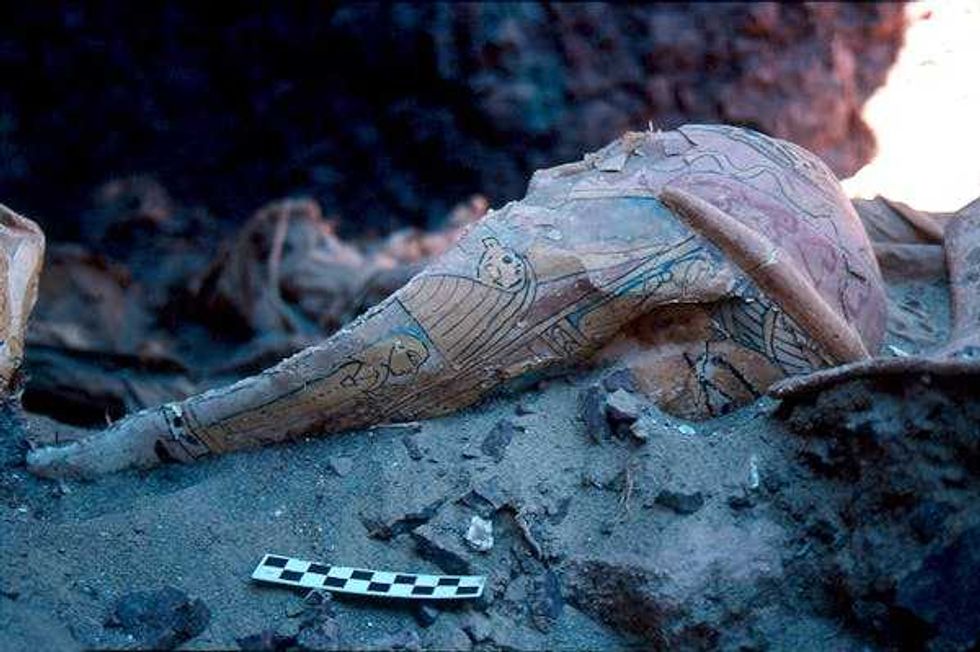 Reuse over time and looting shifted and damaged the contents of an ancient Egyptian tomb. This displaced mummy mask could have a relationship to other artifacts already in museums around the world.Carlo Rindi Nuzzolo
Reuse over time and looting shifted and damaged the contents of an ancient Egyptian tomb. This displaced mummy mask could have a relationship to other artifacts already in museums around the world.Carlo Rindi Nuzzolo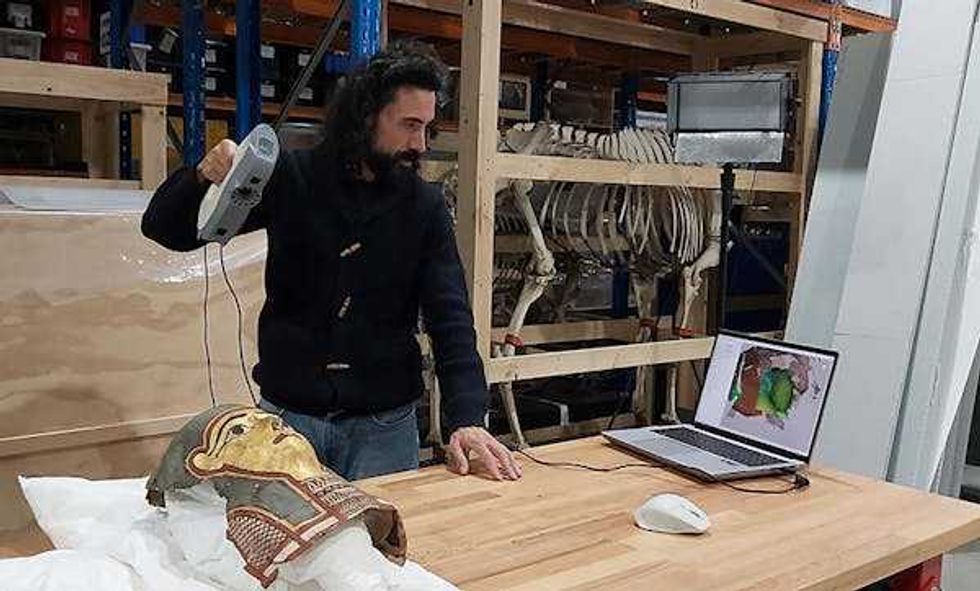 Archaeologists can use handheld 3D scanners to noninvasively map objects in very fine detail.Carlo Rindi Nuzzolo
Archaeologists can use handheld 3D scanners to noninvasively map objects in very fine detail.Carlo Rindi Nuzzolo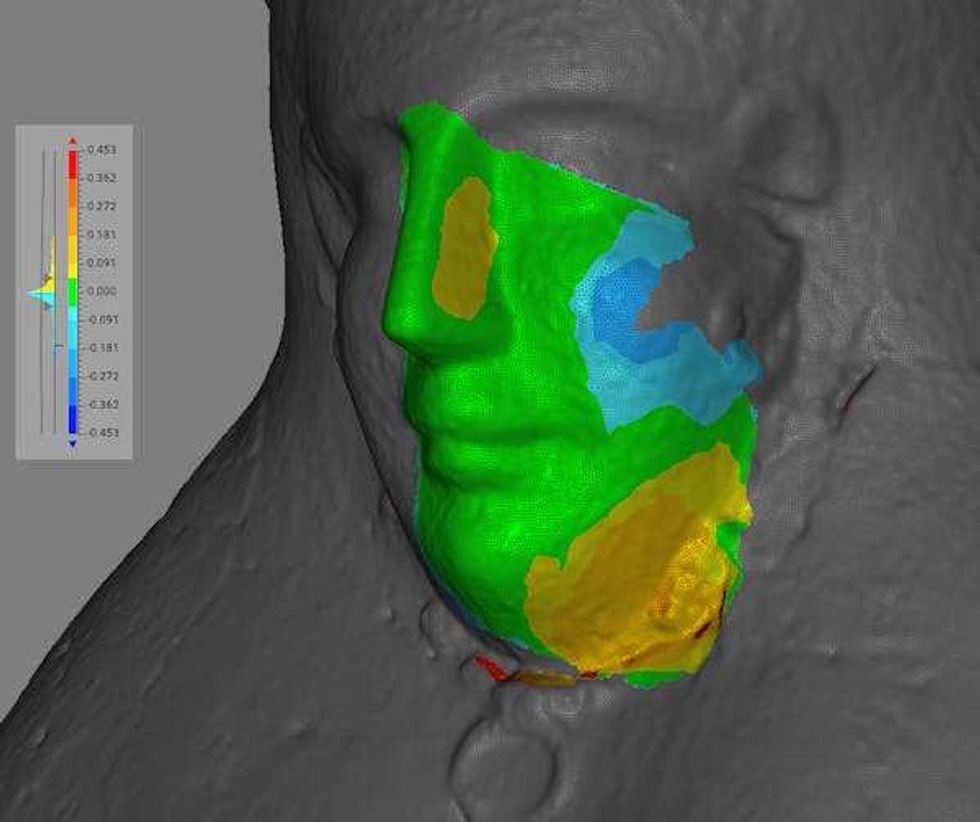 The mask reference surface is shown in gray, while the aligned fragment is colored based on the surface-to-surface distance at each point. Green indicates a good match with almost no distance. Cooler colors show areas where the fragment lies below the reference mask, and warmer colors show where it lies above.Carlo Rindi Nuzzolo
The mask reference surface is shown in gray, while the aligned fragment is colored based on the surface-to-surface distance at each point. Green indicates a good match with almost no distance. Cooler colors show areas where the fragment lies below the reference mask, and warmer colors show where it lies above.Carlo Rindi Nuzzolo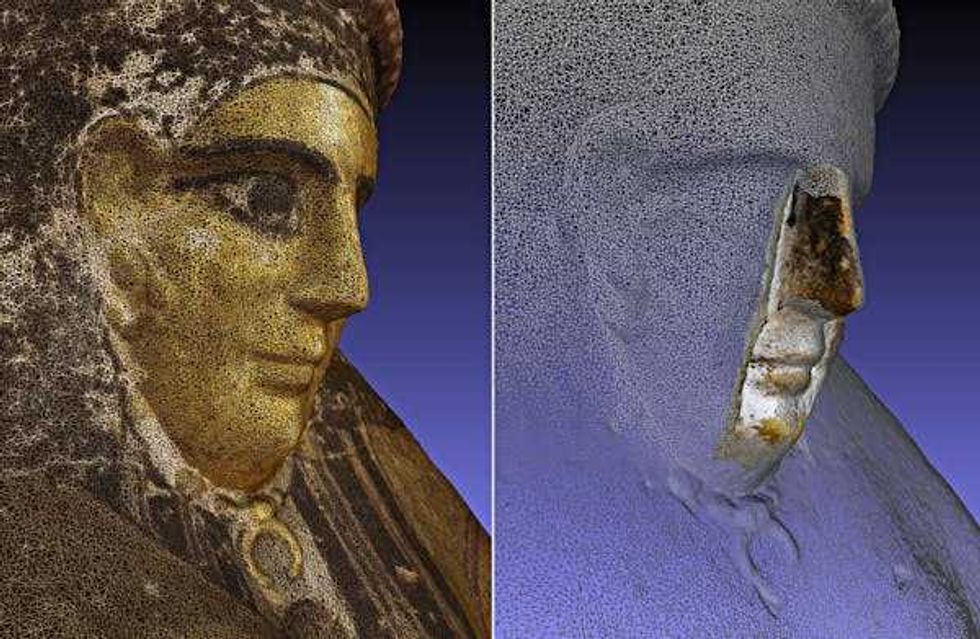 The mask fragment was a very close match to a complete mask, suggesting they were made in the same mold.Carlo Rindi Nuzzolo
The mask fragment was a very close match to a complete mask, suggesting they were made in the same mold.Carlo Rindi Nuzzolo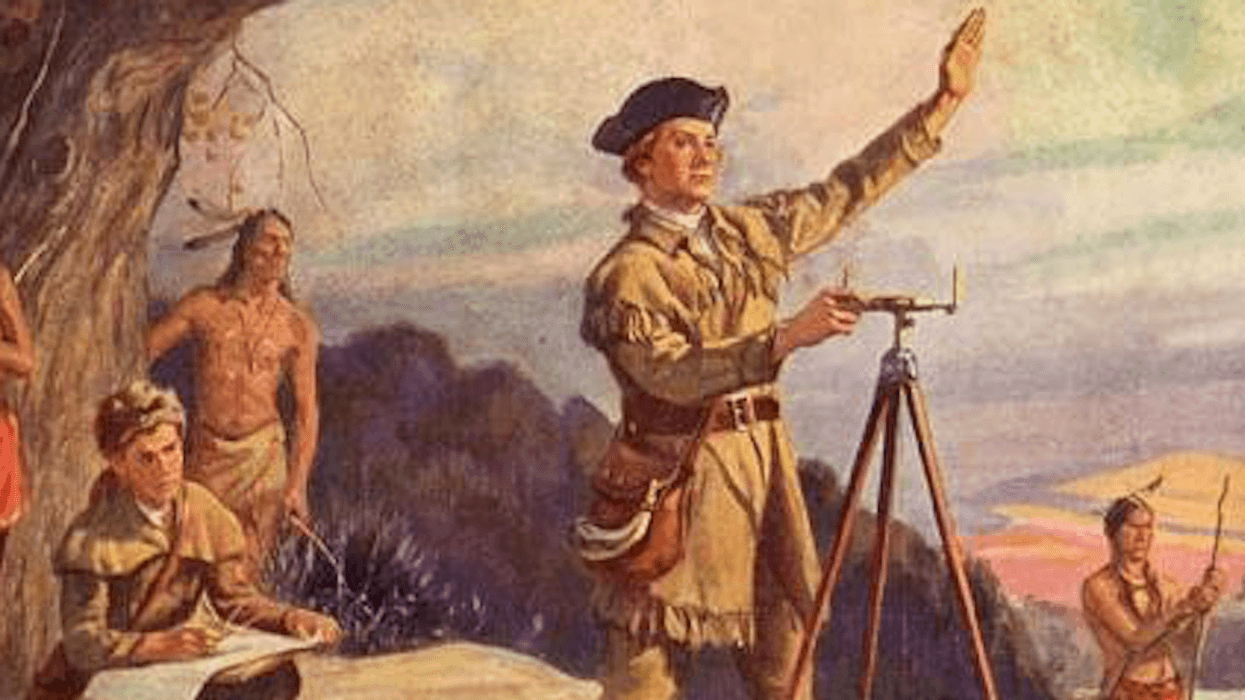
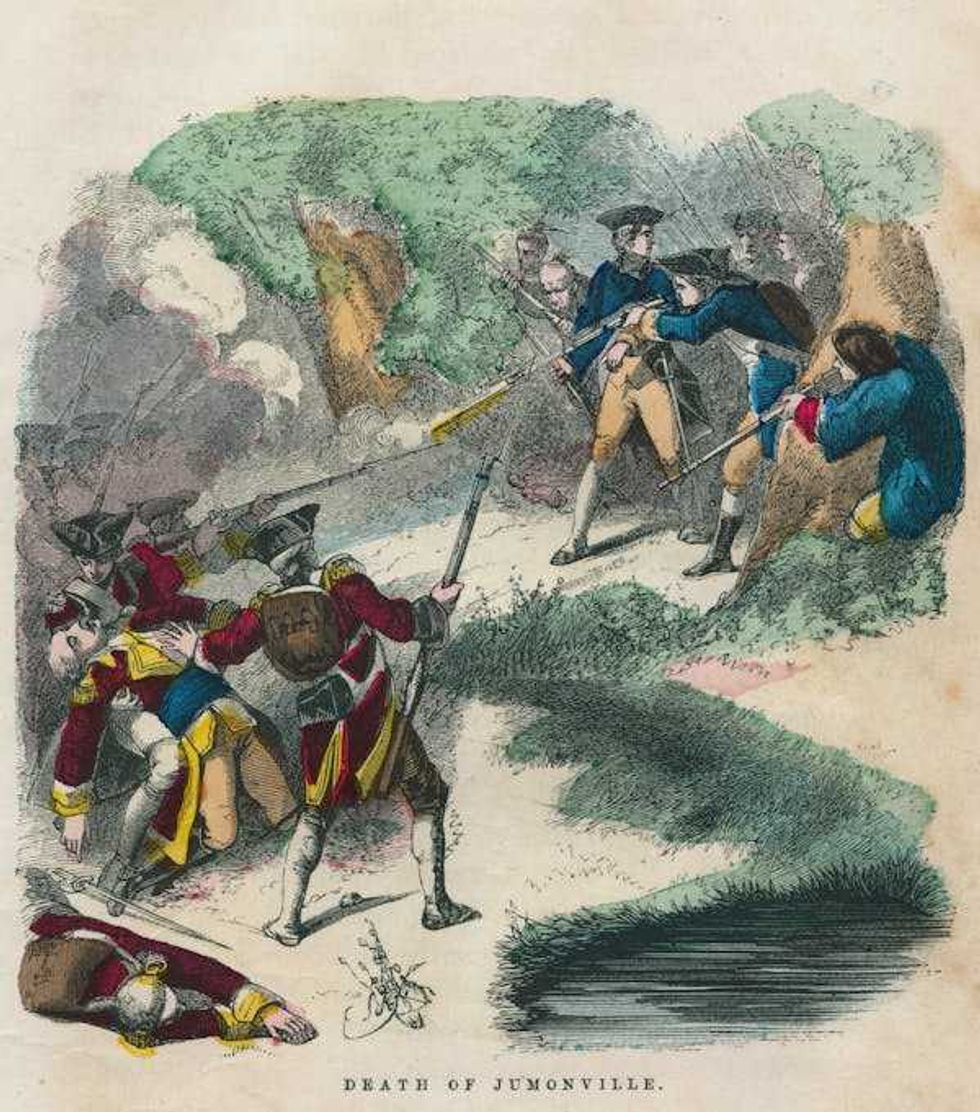 The Jumonville affair became the opening battle of the French and Indian War.
The Jumonville affair became the opening battle of the French and Indian War.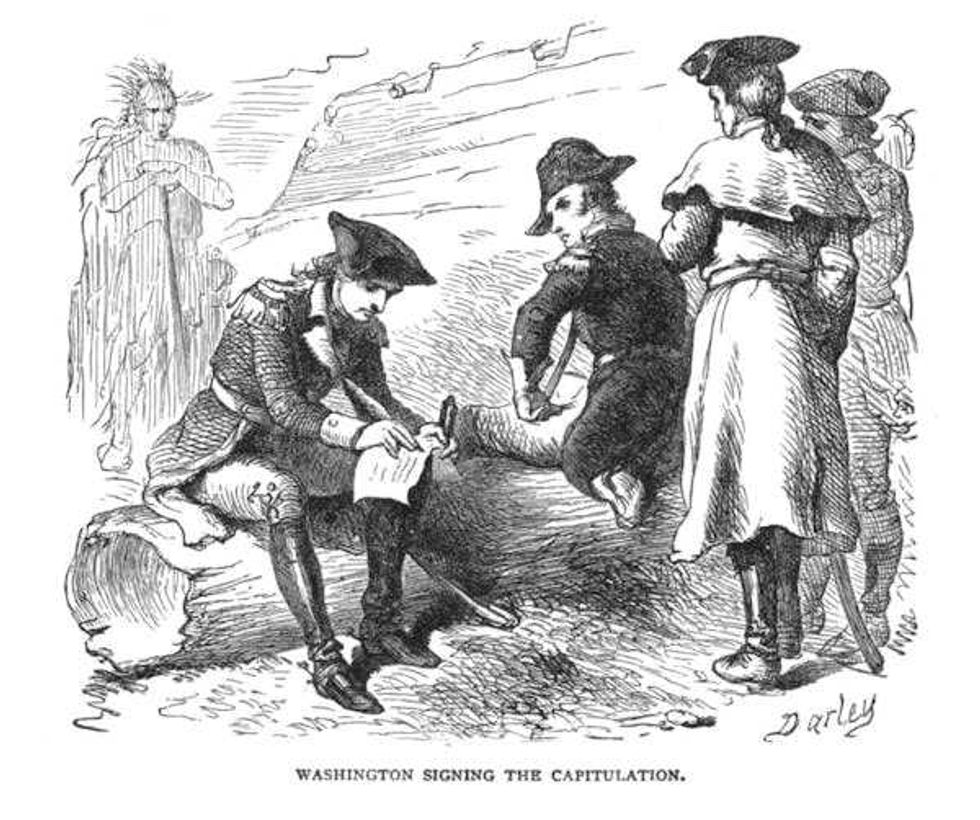 Washington was outnumbered and outmaneuvered at Fort Necessity.
Washington was outnumbered and outmaneuvered at Fort Necessity. A log cabin used to protect the perishable supplies still stands at Fort Necessity today.
A log cabin used to protect the perishable supplies still stands at Fort Necessity today.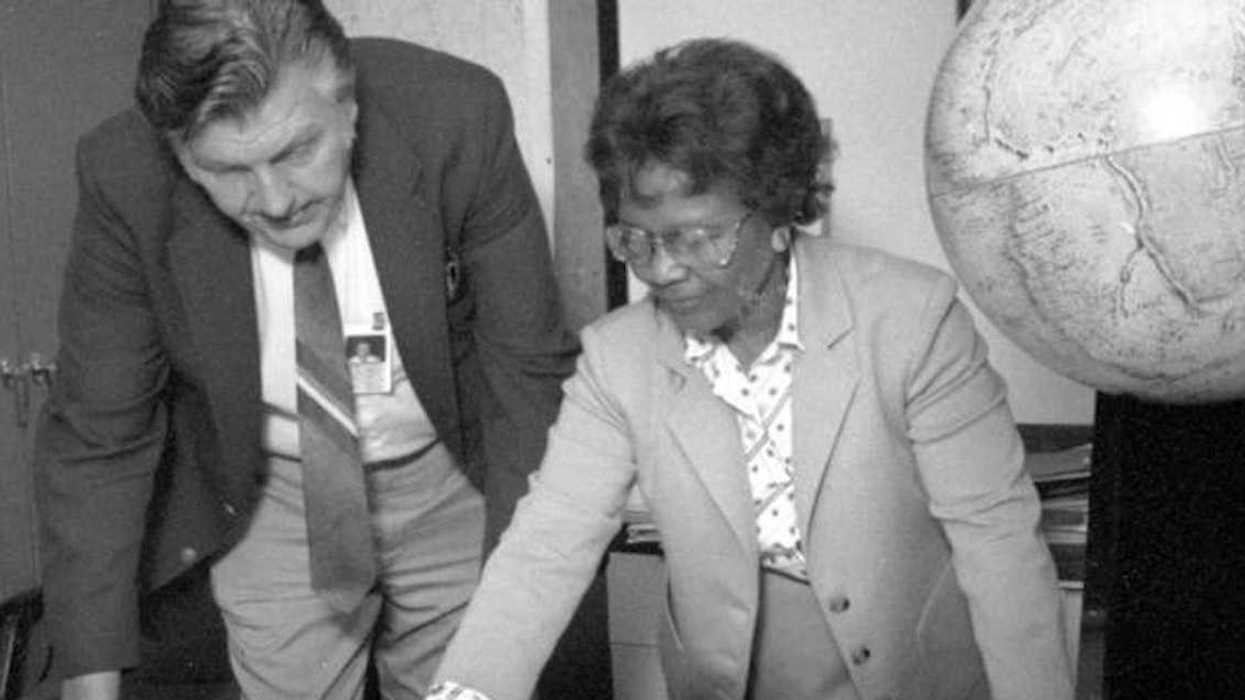
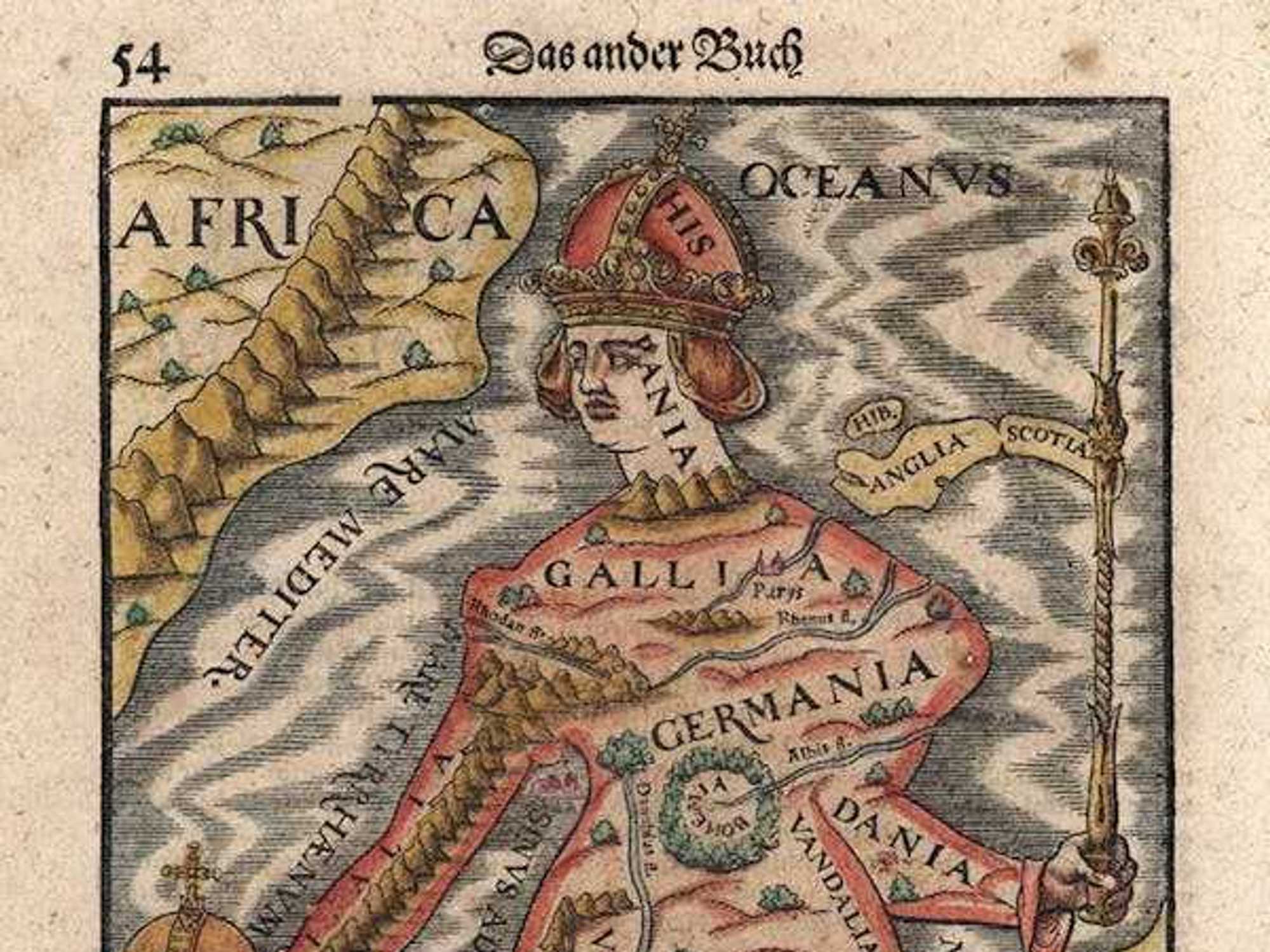 Europa Regina (1570).
Europa Regina (1570).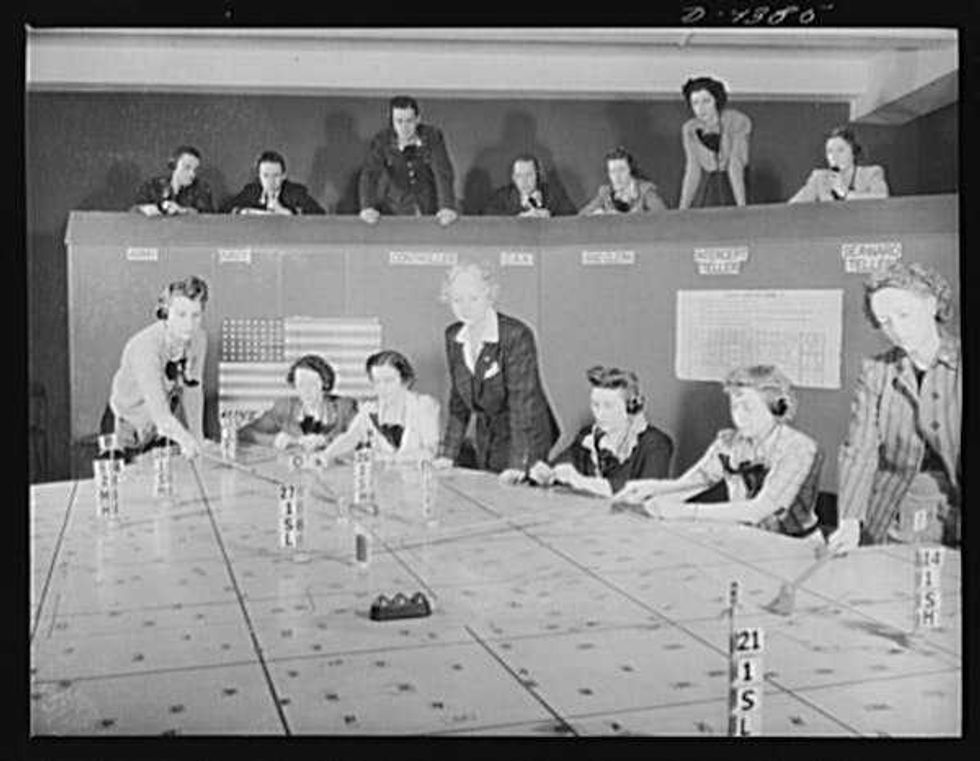 The ‘Military Mapping Maidens’ created tens of thousands of maps during World War II.
The ‘Military Mapping Maidens’ created tens of thousands of maps during World War II.
 As mayor of Stockton, Calif., Michael Tubbs ran a pioneering program that provided a basic income to a limited number of residents.
As mayor of Stockton, Calif., Michael Tubbs ran a pioneering program that provided a basic income to a limited number of residents. Martin Luther King Jr. believed Americans of different racial backgrounds could coalesce around shared economic interests.
Martin Luther King Jr. believed Americans of different racial backgrounds could coalesce around shared economic interests.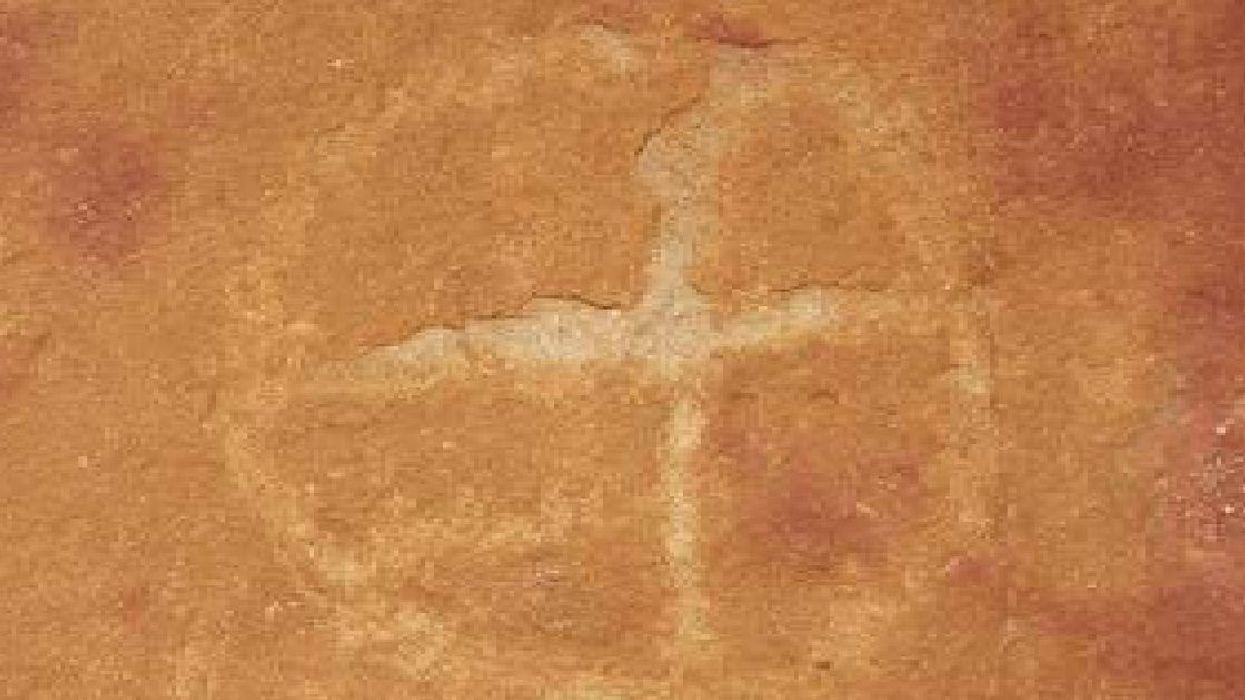
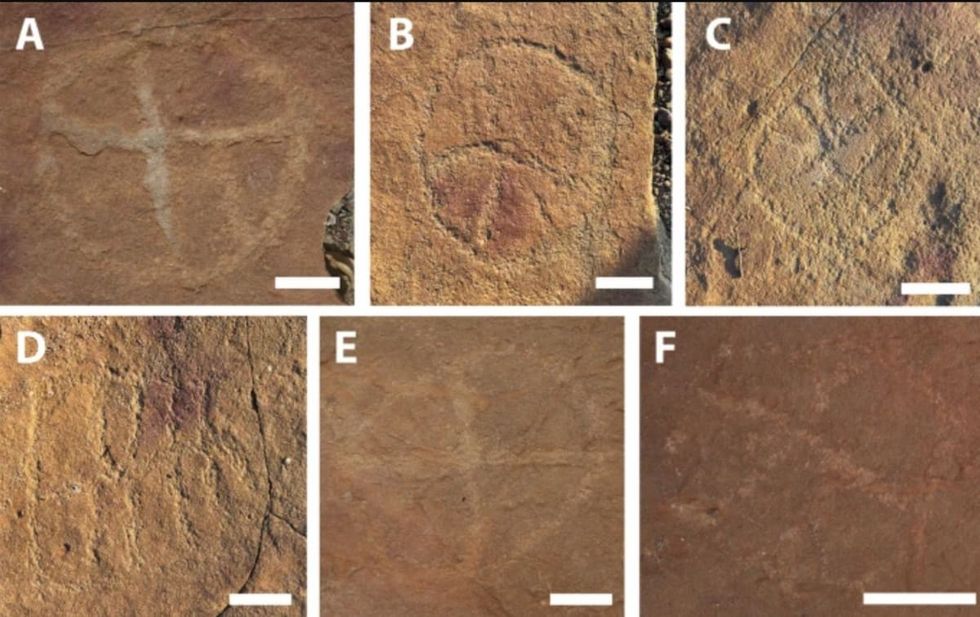 Image frmo Scientific Reports of ancient artwork. Image Source:
Image frmo Scientific Reports of ancient artwork. Image Source: 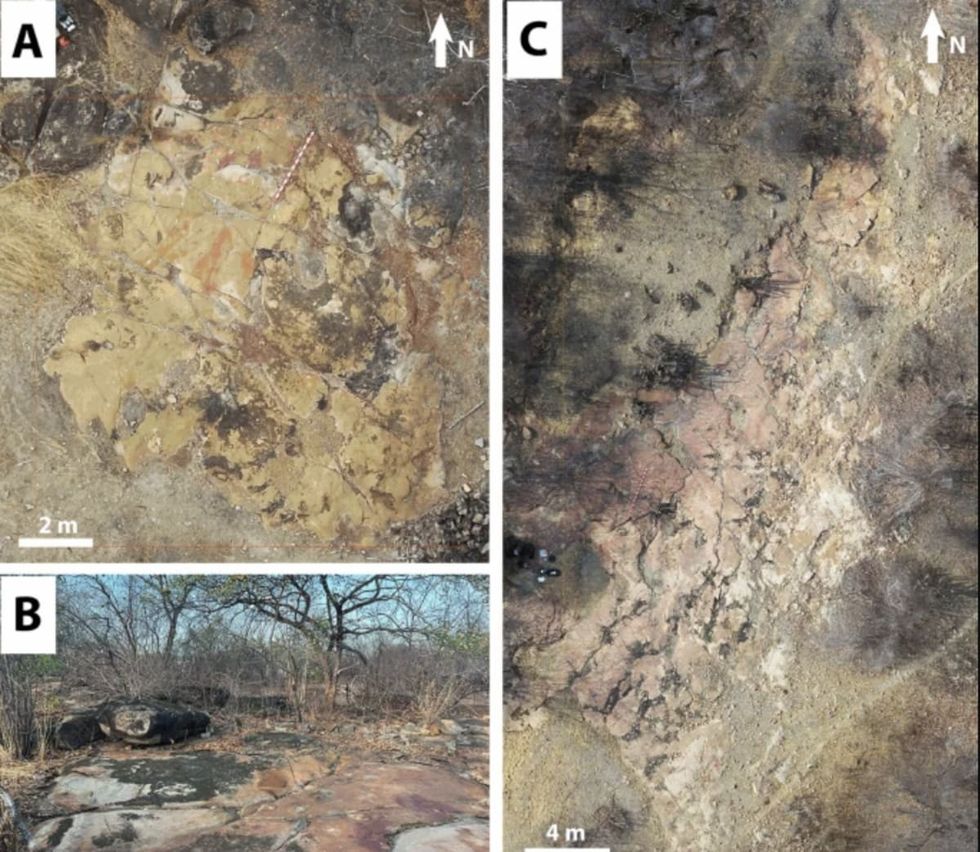 Image frmo Scientific Reports of ancient artwork.Image Source:
Image frmo Scientific Reports of ancient artwork.Image Source: 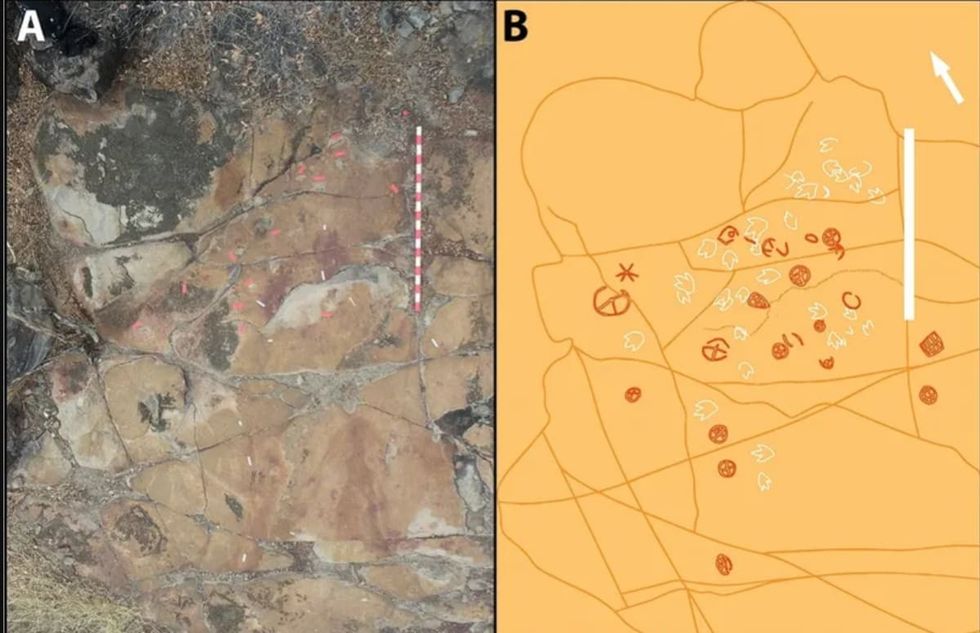 Image frmo Scientific Reports of ancient artwork.Image Source:
Image frmo Scientific Reports of ancient artwork.Image Source: 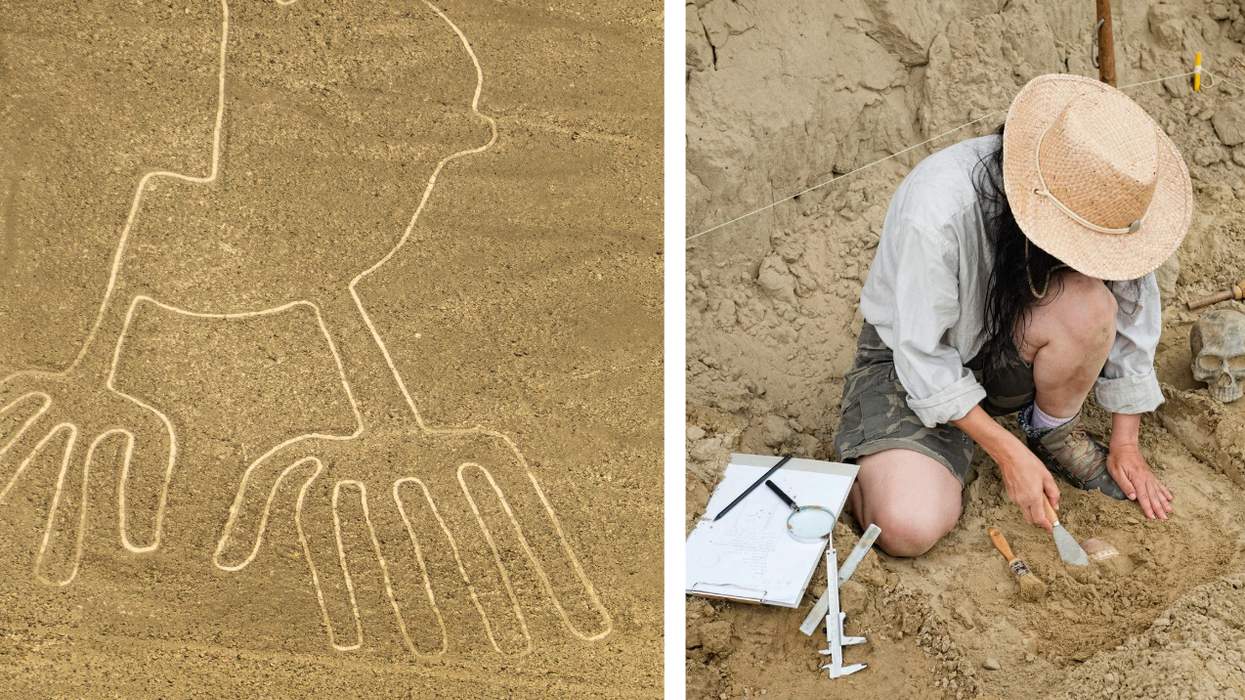

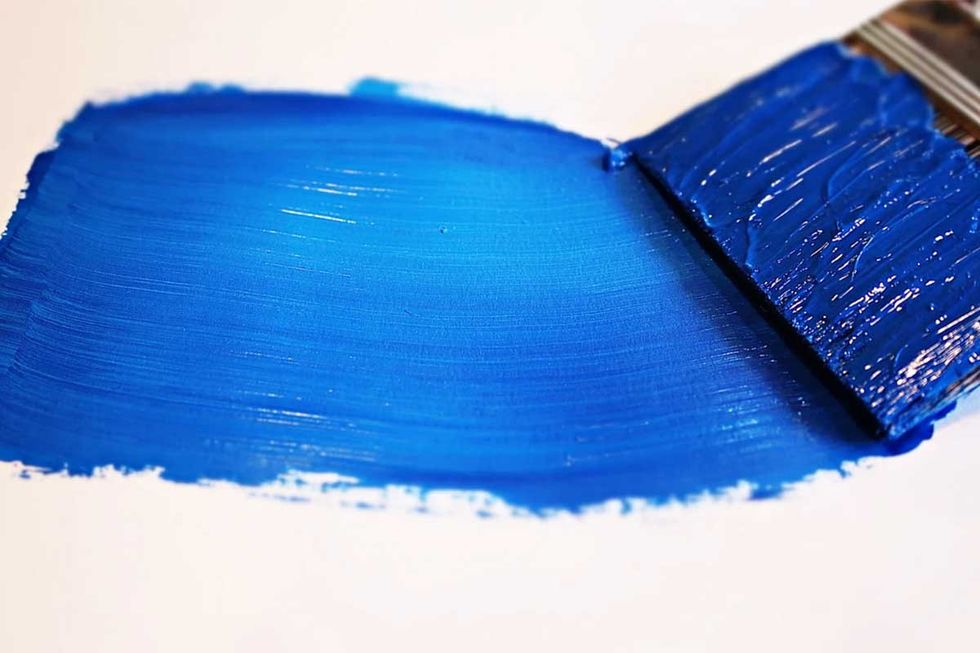 It's difficult to imagine seeing a color and not having the word for it. Canva
It's difficult to imagine seeing a color and not having the word for it. Canva
 Sergei Krikalev in space.
Sergei Krikalev in space.